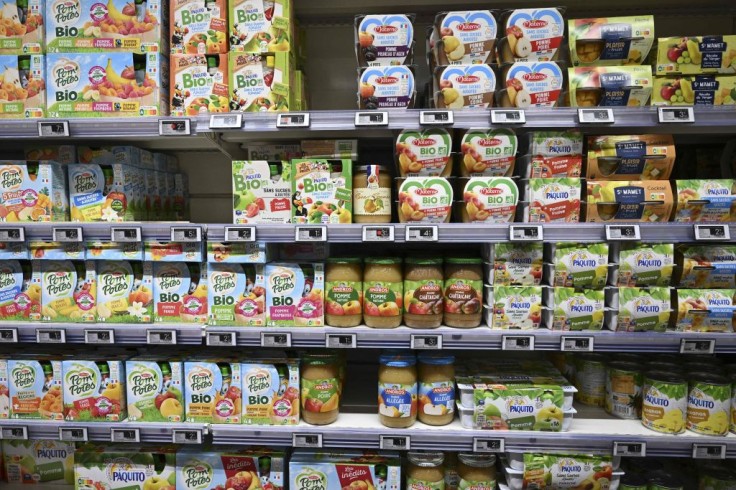
FDA warns of chromium in WanaBana cinnamon applesauce pouches aside from the present lead content.
The FDA announced on Friday, January 5, that the children who have consumed the recalled WanaBana cinnamon applesauce pouches might have also consumed the heavy metal chromium. These apple sauce pouches had originally been recalled last year as they were suspected to be contaminated with lead and have since received reports of children falling ill.
FDA Warns of Chromium in Recalled WanaBana Cinnamon Applesauce
The FDA revealed in a recent announcement that aside from the lead contamination in the WanaBana cinnamon applesauce, it also contains a heavy metal called chromium.
Chromium exists in two primary forms: chromium-3, an essential nutrient, and chromium-6, a known carcinogen.
The specific type of chromium in the WanaBana applesauce remains unidentified due to testing constraints. However, the ratio of lead to chromium detected in the applesauce samples suggests a likelihood of chromium-6, given its association with lead chromate, a compound containing both lead and chromium-6.
The FDA first recalled the WanaBana cinnamon applesauce for testing positive for lead contamination. A massive nationwide recall followed as an increasing number of children were reported sick that was linked to consuming the applesauce products.
Subsequent tests on the WanaBana product, along with similar applesauce products from supermarket brands Schnucks and Weis, confirmed the presence of lead, leading to an extensive recall.
As the investigation progressed, the FDA discovered another alarming factor: the potential presence of chromium, adding a new layer of concern to the already troubled WanaBana product line.
Read Also: FBI Alerts Rising 'Cyber Kidnapping' Scams: Utah Exchange Student Becomes First Major US Case
Health Risks in Consuming Chromium-Contaminated Food
In its examination, the FDA detected chromium concentrations reaching 0.590 parts per million in one instance and 0.566 ppm in another.
These levels, as pointed out by Dr. Laura Breeher, a specialist in occupational and environmental medicine at Mayo Clinic in Rochester, Minnesota, exceed the Environmental Protection Agency's drinking water standards by more than fivefold. This threshold accounts for both forms of chromium, chromium-3 and chromium-6, due to their interconvertibility within the human body.
However, the FDA has yet to establish a specific limit for chromium content in food products. As of December 29, the CDC had received 287 confirmed and suspected complaints of increased blood lead levels associated with the pouches from 37 states.
The discovery of chromium in WanaBana cinnamon applesauce is a significant concern, particularly due to the health risks associated with chromium-6. The FDA's analysis showed chromium levels substantially exceeding the Environmental Protection Agency's safety limits for drinking water.
The potential health impacts of chromium-6 ingestion are severe, ranging from gastrointestinal issues like abdominal pain and nausea to long-term effects such as kidney and liver dysfunction and even chronic lung disease through prolonged exposure.
WanaBana, the manufacturer of the implicated applesauce, has yet to respond to this latest development.
The FDA continues its investigation and advises parents of affected children to seek medical advice. While the immediate focus is on the chromium and lead content in these products, the FDA is also conducting tests for other toxic elements like arsenic and cadmium, although these were not detected above trace levels in earlier analyses.
With both lead and chromium contamination now confirmed, the situation warrants increased vigilance from consumers and healthcare providers alike.
As investigations continue, the public looks to WanaBana for answers and to the FDA for ongoing updates and guidance in managing this complex health issue.